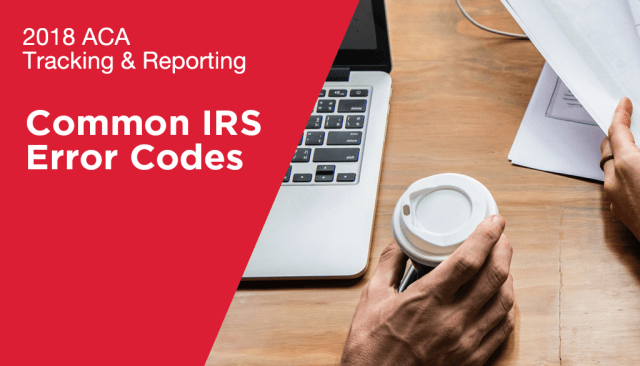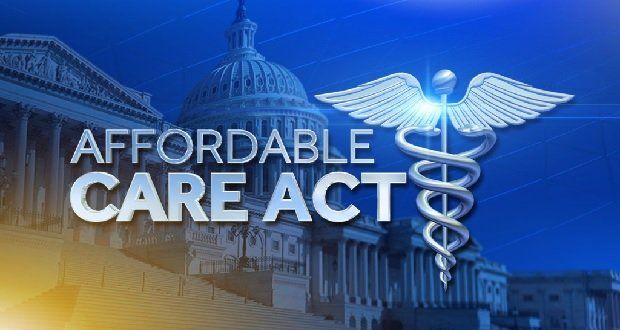Staying HR Compliant in 2020
Points North • January 14, 2020
Staying HR Compliant in 2020
The new year brings new policies and regulations, so it's important to do a comprehensive review and update of your legal and HR compliance to make sure that you're on top of any new laws and regulations. Begin 2020 on the right foot, with the knowledge you'll need to answer any questions from corporate leadership, supervisors, and employees.
Here's what you need to know.
New Salary Thresholds for Exempt Employees under the Fair Labor Standards Act
New salary thresholds have taken effect as of January 1, 2020. Standard minimum salary levels for exempt employees (professional, administrative, and executive) have increased to $684 per week, from the current rate of $455 per week, or $35,568 annually. Additionally, the salary minimum for the highly compensated employee exemption is increasing as well, to $107,432 from the current $100,000. However, the exemption for certain computer employees who are paid hourly has remained the same, at $27.63 per hour.
Under these policies, up to 10% of these standard salary levels may be satisfied through non-discretionary bonuses and incentives, including commissions. Additionally, a special catch-up provision allows a payment of up to 10% of the minimum standard salary paid within one pay period after the 52-week period.
In order to maintain these employees' exempt status, these adjustments must be made effective January 1, 2020. HR professionals should identify impacted employees and make changes needed, keeping in mind that some states have their own salary thresholds that may be higher than the federal policies, and may apply different tests for these employees.
Salary History Bans
Many states, counties, and cities have been prohibiting employers from demanding that applicants submit their wage history as part of the application process. There are also rules in place keeping employees from being able to retaliate against applicants who choose not to reveal their wage history. Most recently, Alabama and Illinois enacted laws that went into effect September 2019, while New Jersey and New York's laws banning employers from demanding this information became effective January 2020.
Keep in mind that each law or ordinance will have specific prohibitions, but given this growing trend, HR professionals should review their application requirements, as well as their protocols for interviews and the guidelines they provide recruiters.
Independent Contractor Status
It can be quite difficult to determine whether someone should be classified as an employee or an independent contractor. There are many different state and federal tests that are used, and they change at times. In 2019, the National Relations Relations Board established a test designed to be employer-friendly in SuperShuttle DFW, Inc., 367 NLRB No. 75 (Jan. 25, 2019).
Additionally, California recently recently enacted Assembly Bill 5, which severely restricts how an employer is able to classify someone as an independent contractor.
It's important for HR professionals to carefully check their independent contractors and make sure they're using the proper tests to determine the correct status for these individuals. They may need to change the status of certain independent contractors, classifying them as employees instead. HR professionals should plan their rollout of these changes if necessary, and make sure that they fully understand the consequences of any reclassification.
Medical and Recreational Marijuana
Another trend in the US is the legalization of medical and recreational marijuana. Ten states, along with the District of Columbia, have legalized recreational use, and effective January 1, 2020, Illinois has become the 11th. There are currently bills in other states that are pending.
This affects some employers' policies for drug testing. For example, at a local level, New York City will be banning employers from testing for THC or marijuana, effective May 10, 2020. Of course, marijuana use is still illegal under federal law.
Employers need to review their testing policies and keep an eye on any legal developments about drug testing. As legalization continues, employers' efforts should focus on prohibiting impairment on the job. This involves training for managers and supervisors to recognize symptoms of impairment and understanding the actions they should take. They should consider whether it continues to be appropriate to test for marijuana as a condition of employment.
Paid Sick Leave and Family and Medical Leave Laws
States, counties, and cities are increasingly passing laws enacting policies for paid leave. Some of these laws allow leave time to be used for any reason, while others require certain amounts of paid and sick leave, as well as family and medical leave. As these laws are passed it's important to keep up with them so that employees are getting the benefits that they are entitled to.
One example of paid leave laws is the one passed in Nevada and took effect January 1, 2020, which allows paid leave time to be used for any reason. Massachusetts has enacted a paid family and medical leave law, which has employer obligations that became effective October 1, 2019, with benefits that will become available to employees in January and July 2021. Other states and counties are modifying their existing laws to add benefits. New York is increasing paid benefits in 2020 and 2021, while California is expanding paid leave in 2021 to cover the needs of military families.
Data Management Is Key
Even as times change and policies evolve, the need for data remains constant. It's important to maintain your master data effectively so that you can easily implement any necessary changes to keep up with new policies.
The first step is ensuring that your master data is accurate, under control, and easily accessible. Before attempting to update any information to account for the new policies that are affecting your company, assess your data and make sure that everything is up to date and that all the necessary modifications are possible to implement correctly. While this is necessary for ensuring your compliance, it will also make it easier to manage all your HR tasks.
While technology is important, remember the human in Human Resources. It's important to maintain a balance between technology and people. So whatever your technological needs are, remember that you are using it to support people, and keep your focus where it needs to be.

Once employers have familiarized themselves with the ACA obligations, they should also know of the penalties associated with non-compliance. Identifying and paying for full-time employees is fairly easy because of the straightforward details of their job but for variable hour employees’, it is not as simple. Some organizations make use of the ‘limiting’ strategy to manage such schedules but this strategy as its own set of problems. Problems such as workforce scheduling and variable labor requirements are factors that make this strategy impracticable. We’ve combined some of the best ways to ensure ACA compliance in this article and examined how ‘guidance’ can help you limit penalties.

As the fiscal year closes the employers have many queries regarding the status of the Affordable Care Act (ACA) Reporting. It is questioned every time the tax filing season looms. The answer to all these queries is that Yes! ACA is still the law and employers who tend to ignore their obligations towards ACA reporting can face some heavy penalties.

It is important to choose a reliable and secure data aggregation solution which provides you with the best data. If you manage to get financial data which is cleaned and enriched then you can make accurate assessments of the financial situation of your customers. Following are some of the things which you should look for while choosing a solution to data aggregation.

Due to the complexity of the process, utilizing a reputable software vendor to file your 1094/1095 data electronically with the IRS is considered to be a best practice. One reason for this is that if it turns out that there’s a problem with some of your ACA data, the IRS doesn’t necessarily make it easy to figure out what went wrong.

The past few years have brought forth a great deal of uncertainty surrounding the Affordable Care Act. The topic of ‘repeal and replace’ was front and center during the 2016 presidential and congressional elections, and 2017 saw several attempts at repeal, none of which were ultimately successfully at scrapping the law in its entirety.






